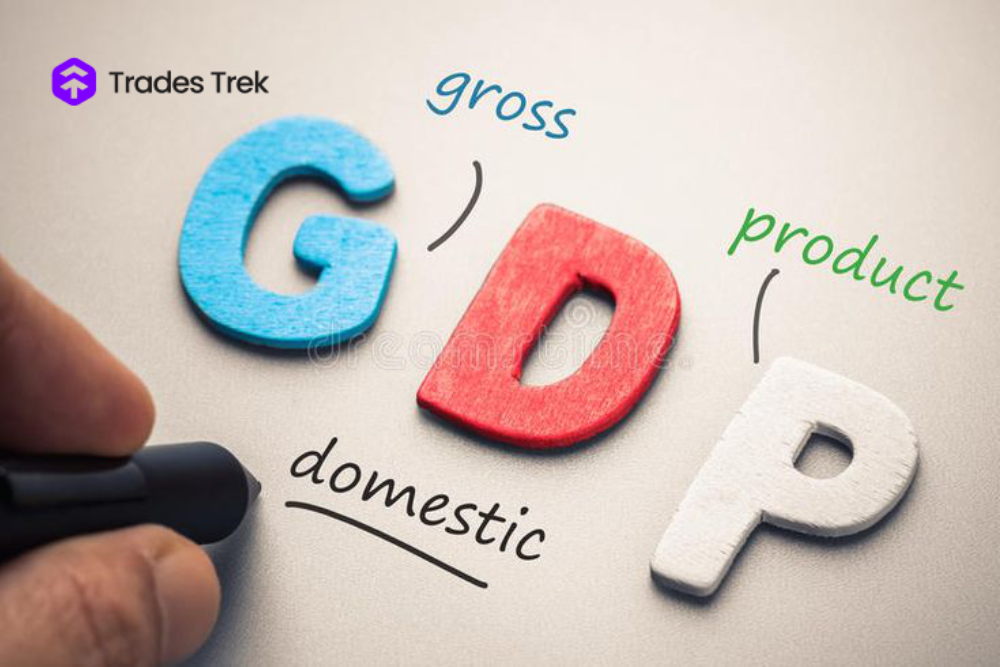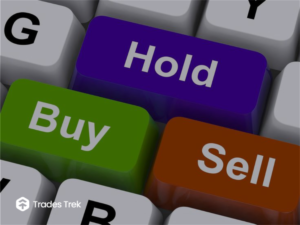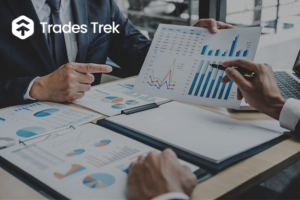Investing in stocks can feel like navigating a maze, especially if you’re new to the Nigerian stock market. Understanding how economic indicators impact stock prices is crucial for making informed decisions. In this post, we’ll break down these key concepts in a simple, beginner-friendly way.
What Is an Economic Indicator?
Economic indicators are data points or statistics that reflect the health of an economy. They provide insights into areas like employment, inflation, and consumer spending. Investors and analysts use these indicators to gauge how well an economy is performing and predict future trends.
Types of Economic Indicators
Understanding the types of economic indicators can help you better predict market movements and make informed investment decisions. Let’s dive deeper into the three main categories:
- Leading Indicators: These indicators provide early signals of where the economy might be headed. They are invaluable for predicting future trends and helping investors anticipate changes in the market.
- Stock Market Performance: The stock market often reflects investor sentiment about future economic conditions. A rising market might signal economic growth, while a declining market could indicate a slowdown.
- Consumer Confidence Index: This measures how optimistic consumers feel about their financial situation and the economy. High confidence typically leads to increased spending, boosting economic activity.
- Lagging Indicators: These indicators confirm patterns or trends after they have occurred. They’re useful for understanding the economy’s current state but less helpful for forecasting.
- Unemployment Rate: High unemployment suggests economic weakness, while low unemployment indicates strength. However, changes in unemployment often lag shifts in economic activity.
- Corporate Earnings: Company profits provide insight into the health of various industries and the overall economy. Strong earnings growth usually supports higher stock prices.
- Coincident Indicators: These indicators move in tandem with the economy, providing a real-time snapshot of its health.
- Gross Domestic Product (GDP): GDP measures the total value of goods and services produced in an economy. Growth in GDP often aligns with rising stock prices as businesses expand.
- Retail Sales: A reflection of consumer spending, retail sales indicate how much money people are putting into the economy. Increased spending suggests economic growth.
What Is the Relationship Between Economic Growth and Stock Prices?
The connection between economic growth and stock prices is complex but significant. Here’s how they typically interact:
- Economic Growth Drives Corporate Profits: When the economy grows, businesses tend to perform better. Increased consumer spending leads to higher revenues and profits, which can push stock prices up. For example, during periods of economic expansion in Nigeria, companies across various sectors, such as banking and consumer goods, often see their stock values rise.
- Investor Expectations: Stock prices don’t just reflect current economic conditions; they also incorporate expectations about future growth. If investors believe the economy will continue to grow, they’ll likely drive stock prices higher. Conversely, fears of a slowdown can lead to market selloffs, even if the economy is still growing.
- Growth vs. Inflation and Interest Rates: Rapid economic growth can sometimes lead to inflation. If central banks respond by raising interest rates to cool down the economy, stock prices may decline. Thus, the relationship isn’t always straightforward; other factors like inflation and monetary policy also play crucial roles.
How Do Economic Indicators Affect Stock Prices?
Economic indicators can significantly influence stock prices by shaping investor expectations. Here’s a closer look at how specific indicators impact the market:
- Positive GDP Reports: When GDP growth exceeds expectations, it signals a robust economy, encouraging investors to buy stocks. This often leads to higher stock prices.
- Inflation Rates: High inflation can erode purchasing power and increase costs for businesses, leading to lower profits and stock prices. However, mild inflation might indicate healthy economic growth, which can boost stocks.
- Interest Rate Announcements: Central banks adjust interest rates to control inflation and stabilize the economy. When interest rates rise, borrowing becomes more expensive, which can slow economic growth and hurt stock prices. Conversely, lower rates often stimulate economic activity and push stock prices higher.
- Unemployment Data: Rising unemployment may signal a struggling economy, prompting investors to sell stocks. On the other hand, declining unemployment rates often boost investor confidence, leading to higher stock prices.
Why Understanding Economic Indicators Matters
Grasping the role of economic indicators is essential for both beginner and experienced investors. Here’s why:
- Anticipating Market Trends: Economic indicators offer valuable clues about the future direction of the market. For instance, if leading indicators like the consumer confidence index show a decline, it might signal an upcoming economic slowdown. This allows investors to adjust their strategies, such as moving assets into safer investments like bonds.
- Identifying Investment Opportunities: Understanding how indicators like interest rates or inflation impact specific industries can help you spot potential investment opportunities. For example, lower interest rates might boost sectors like real estate and banking, making stocks in those areas more attractive.
- Risk Management: Investors can use economic indicators to manage risk effectively. If indicators suggest an economic downturn, you might decide to shift your portfolio to defensive stocks, such as utilities or consumer staples, which tend to perform well during tough times.
Some Additional Factors to Consider
- Government Policies
Fiscal policies, such as changes in tax rates or government spending, can impact the stock market. Policies promoting business growth usually boost investor confidence, leading to higher stock prices. - Global Events
Events like international conflicts or pandemics can disrupt global supply chains, affecting Nigerian markets. Investors should keep an eye on such events as they can cause significant stock price fluctuations. - Sector-Specific Indicators
Different industries respond to various economic indicators. For instance, rising crude oil prices might boost oil company stocks while negatively impacting industries that rely heavily on fuel.




